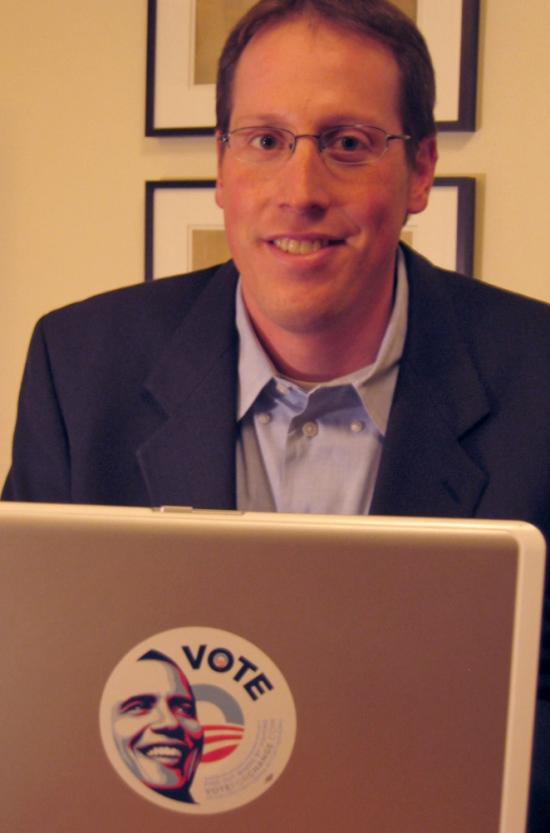Zach Gillen graduated from the I School in May, 2008, with a master's degree in information management and systems.
What did you study at the I School?
While the courses at the I School were incredibly diverse, I focused on information architecture, standards, and policy as it relates to health care. Before enrolling, I worked at San Francisco General Hospital on the decision support team building end-to-end web solutions that tie into the proprietary information management systems (EMR, Labs, Financial, etc.) contracted by the organization. During this period, I developed many valuable technical skills without having the formal understanding of best practices and tradeoffs when employing a specific information solution.
The I School curriculum gave me a broad background with courses such as Information Organization and Retrieval, Law and Policy and Web Architecture, while allowing me to take electives to expand my knowledge of the heath care domain. This culminated in a group final project, MD:Notes, which explores a new methodology for creating and sharing clinical progress notes.
Tell us about your latest experience after graduation.
I spent four weeks as a ‘Data Fellow’ working at the Obama campaign state headquarters in Madison, Wisconsin. I was one of five other data fellows in the state, recruited specifically for the last several weeks of the campaign as the information needs of the state field directors increased exponentially. We reported to the Voter File Manager, the equivalent of the state CIO.
We used an online tool called 'VoteBuilder' to manage voter information gathered from public records and canvassing efforts conducted by the campaign. This included volunteers, events, phone banking and canvassing efforts. The voter and volunteer information could be queried, edited, and tagged to help target canvassing and phone banking efforts as effectively as possible at the state level. In addition, we developed new tools for get out the vote (GOTV) and Election Day reporting to better strategize how human resources could be dispersed in the field.
How much has this field changed since four (or eight) years ago?
Tremendously! The VoteBuilder tool was sponsored by the Democratic National Committee and built by the Voter Activation Network (VAN) after the 2004 presidential election. This voter and volunteer database, coupled with an effective social media campaign, helped coordinate thousands of volunteers across the country to spread the campaign message. The technical landscape has dramatically changed in the last four years, especially regarding communication and how people stay connected. In addition to social media, online mapping tools and the ability to create targeted canvassing areas played an enormous role.
Where do you see the field of political information management headed in the future?
I think there are some excellent possibilities for I School students or alumni to get involved with the future of political information systems. Many of the applications have improved drastically in the last four years, but there is still plenty of room for improvement and added functionality. For example, future work might include mapping applications to track election day turnout, or a reporting solution to progressively track statewide volunteer efforts. As the political information landscape increases with number of tools and applications, so too will the need for experienced professionals. This is certainly a growing field, and gives people with an information background the unique opportunity to make an impact in politics.
Would you consider a career in political information systems?
I would certainly be interested in working on Health Information Technology policy for the new administration or the Department of Heath and Human Services. Specifically, working to effectively provide subsidies for health care technology adoption for those organizations where the cost entry barrier is prohibitive. In addition to adoption, much has been mentioned in the media about health information interoperability, and this requires working toward a unified national standard of secure health information exchange. These policies should realize the overall goal of improving health care quality and reducing cost without disrupting clinical productivity. It’s a tall order, I know! However, our country is in dire need of an overhaul to the current health care system, and this is a perfect opportunity to move our health information technology into the 21st century.
As a new alumnus, how do you stay connected to the I School?
I monitor the website for events and stayed subscribed to several email lists. Honestly, the ‘noise’ email list generates more thought-provoking conversations between current students and alumni than most of the syndicated feeds I monitor. Beyond that, I use the usual social media outlets (Google Talk, Facebook, etc.)!










